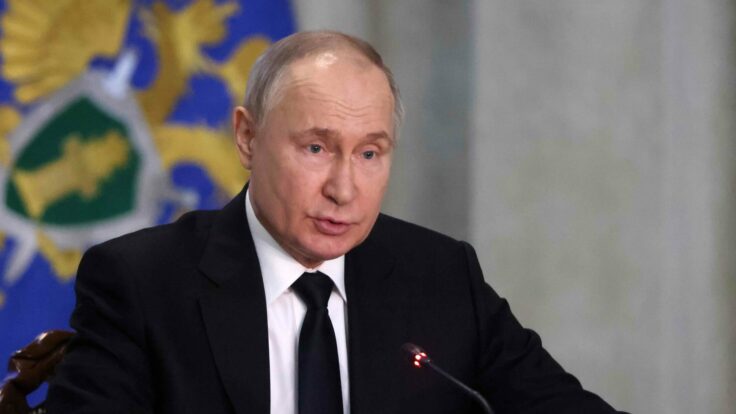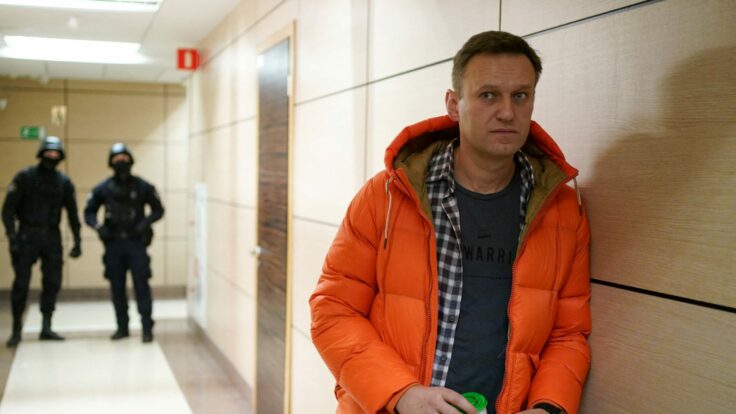On September 21, seven months after Russian tanks rolled into Ukraine, the war finally came home to the Russian people. For seven months, it was mostly Ukrainians who lived with the war that Putin had unleashed. They felt its effects daily, fleeing their homes or dying in them as Russian missiles rained down, killing as many as 30,000 Ukrainian civilians. In the meantime, Russians, especially those living in Moscow and St. Petersburg, could pretend the war existed only on state TV. All summer long, the party didn’t stop. Restaurants were full, as were the parks and clubs and theaters. Sure, there were sanctions, but Russians with the means to do so shopped and traveled and life mostly went on, undisturbed.
Then on September 21, after the stunning success of two Ukrainian counter-offensives, Vladimir Putin announced what he called a “partial mobilization.” The call to arms, Putin said, would be limited to 300,000 men with military experience—reservists—but it became immediately clear that this was a lie. Ukrainian intelligence said the real number was closer to one million and soon reports emerged on Russian Telegram channels and Russian independent media in exile that echoed that number: apparently, a secret clause in the mobilization order capped the number of men not at 300,000 but 1.2 million.

















